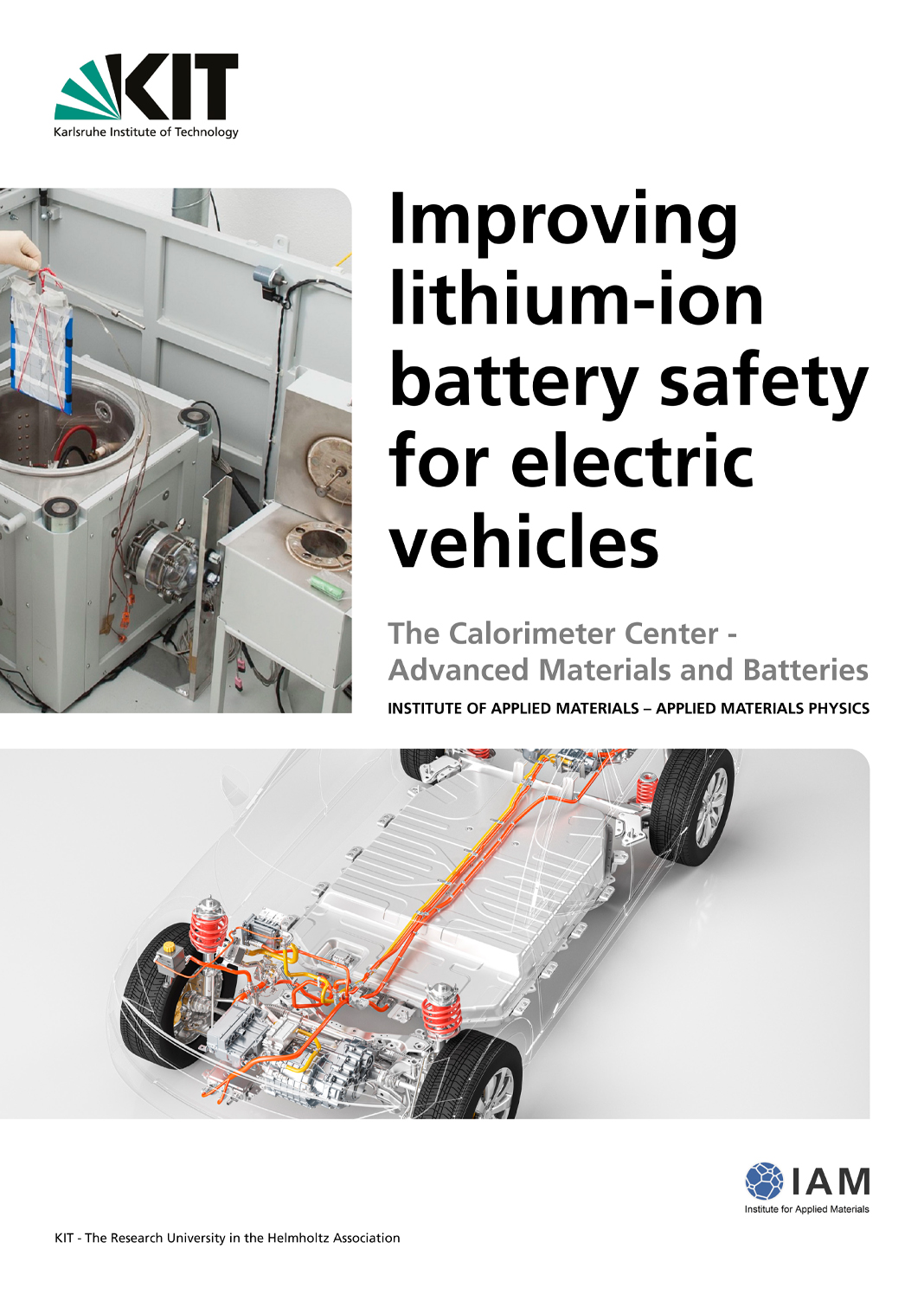In this latest eBook from the Karlsruhe Institute of Technology (KIT), Dr Carlos Ziebert, Head of the Calorimeter Center, discusses the importance of improving lithium-ion battery safety for electric vehicles, and the significant role that calorimetry plays in this.
With the announcement of the Sustainable and Smart Mobility Strategy that was communicated by the European Commission, the EU’s transport sector intends to substantially reduce its emissions. Alongside this strategy, over 30 million zero-emission vehicles are set to be operational on European roads by 2030.
Due to this clean-energy transition, the lithium-ion battery, which is essential for the production of electric vehicles (EV), is seeing enormous increases in demand. The global demand for lithium battery materials has doubled since 2020, originating at 300,000 tonnes of lithium carbonate equivalent in 2020, to 650,000 tones of lithium carbonate equivalent in 2022. Due to this rapid increase, the need to improve the energy density and lithium-ion battery safety for electric vehicles is being encouraged.
This eBook also discusses:
- How to reduce carbon emissions in the transport sector;
- Improving electrical waste to improve environmental impact of lithium-ion battery production;
- Lithium battery fires;
- The SAFEiMOVE project for safer solid-state batteries;
- The role of calorimetric methods to improve battery safety within EV sector.
About the Institute of Applied Materials
The Battery Calorimeter Center at the Karlsruhe Institute of Technology’s (KIT) Institute for Applied Materials – Applied Materials Physics was founded in 2011 and now manages Europe’s largest battery calorimeter laboratory.
It offers six Accelerating Rate Calorimeters (ARCs) of different sizes – including coin to large pouch or prismatic automotive format – in combination with cyclers, which enables the evaluation of thermodynamic, thermal and safety data for lithium-ion cells on material, cell, and pack level under adiabatic and isoperibolic environments for both normal and abuse conditions (thermal, electrical, mechanical).
With its recognised technical and methodological expertise, the IAM-AWP is one of the few institutions that investigates both the thermodynamics and the safety of batteries and their materials. The outcome of these inquiries can be used on all levels of the value chain – including testing the battery safety for electric vehicles.


